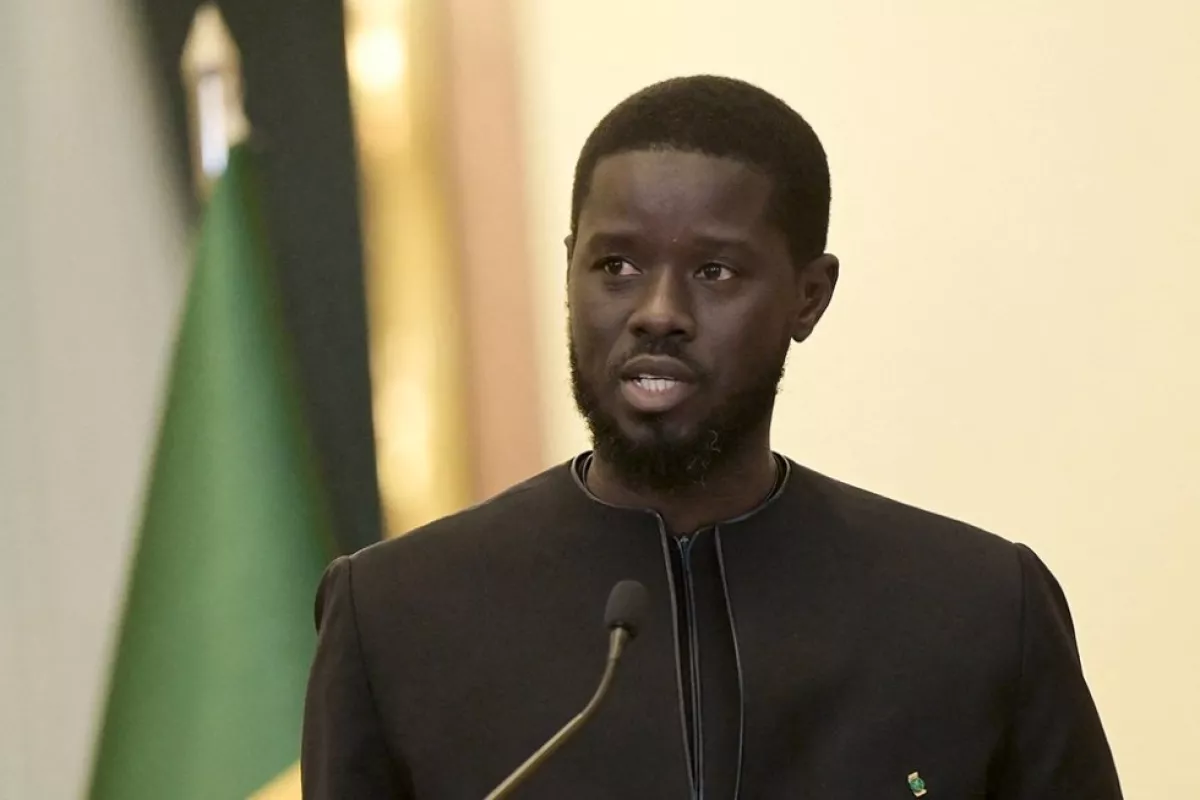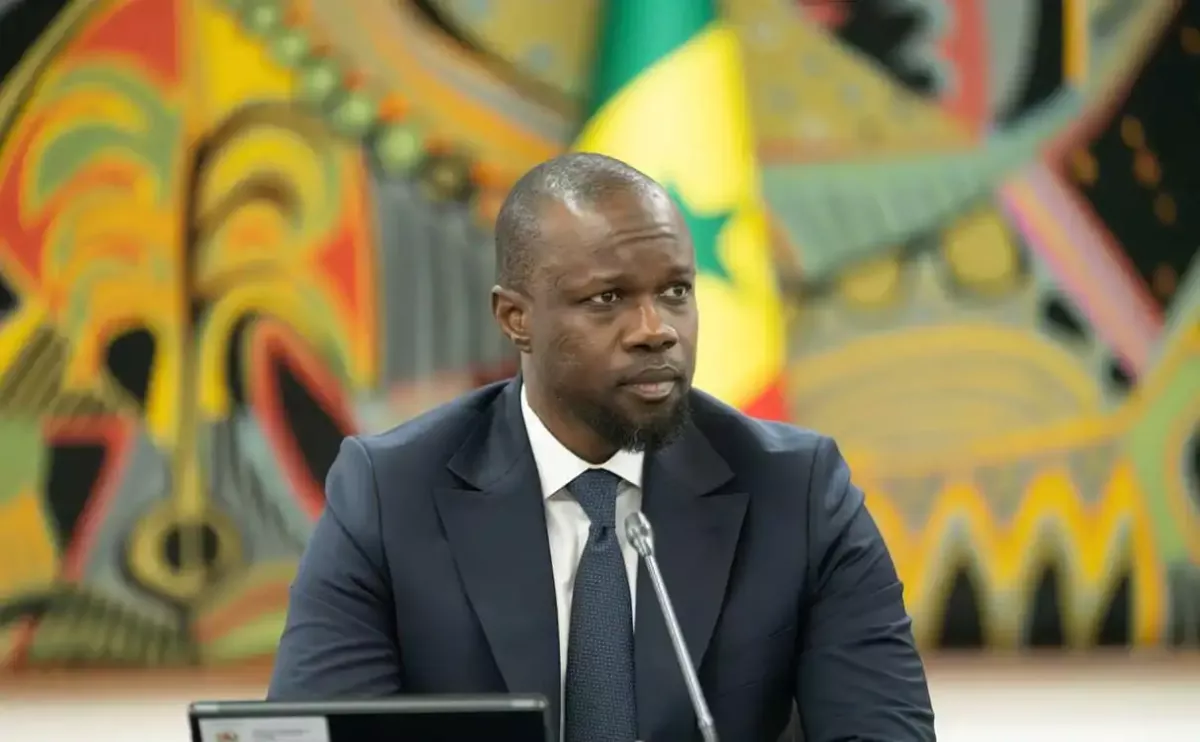Senegal sheds bitter legacy of French colonialism Al Jazeera on the Africanisation process
The international media company Al Jazeera has published an article dedicated to the process of Africanisation in Senegal. Caliber.Az presents an analysis of the material to its readers.
Al Jazeera’s article on Senegal’s effort to rename colonial-era streets highlights a significant shift in the country’s approach to national identity and post-colonial legacy. President Bassirou Diomaye Faye’s initiative to establish a government agency dedicated to renaming streets and public squares reflects broader anti-colonial sentiments that have been growing across Francophone West Africa. The article examines the historical context, political implications, economic concerns, and public reception of this initiative, shedding light on Senegal’s evolving relationship with France and its domestic priorities.

President Bassirou Diomaye Faye
Colonial legacy
Senegal, like many other former French colonies, continues to bear the marks of its colonial past in its urban landscape. The French administration named streets, squares, and public institutions after colonial officials and French figures, embedding a legacy of foreign dominance in Senegalese daily life. The presence of street names such as Boulevard du General de Gaulle, Avenue Faidherbe, and Rue de Jules Ferry serves as constant reminders of a painful history marked by conquest, slavery, and exploitation.
The article details how figures like Louis Faidherbe, a brutal colonial governor, and Jules Ferry, a French politician who defended colonialism as necessary, are still commemorated in Dakar and other cities. Many Senegalese, including traders like Matar Seck, express frustration that these names persist despite Senegal’s independence in 1960. As Seck points out, European cities do not honour Senegalese figures in their public spaces, raising the question of why Senegal should continue glorifying former colonial rulers.
This perspective aligns with growing anti-French sentiments in West Africa, where nations such as Mali, Niger, and Burkina Faso have taken decisive steps to reduce French influence. The article highlights similar renaming efforts in these countries, including Niger’s decision to rename Avenue de Gaulle after anti-colonial activist Djibo Bakary and Mali’s renaming of Ruault Avenue to honour Captain Sekou Traore, a national hero. These changes are emblematic of a broader regional movement toward reclaiming historical narratives and reinforcing local identities.
France’s waning influence
The renaming initiative is part of a larger policy shift under President Faye, who has sought to redefine Senegal’s ties with France. His government’s decision to request the withdrawal of 350 French soldiers stationed in the country is another indication of his intent to distance Senegal from its former coloniser. This move aligns with a broader trend in West Africa, where military-led governments have been severing long-standing security and economic agreements with France.

Faye’s administration frames these changes as necessary for strengthening Senegalese sovereignty and national pride. In addition to renaming streets, the government plans to rewrite school textbooks to better reflect Senegal’s history and to replace French as the country’s official language. This aligns with the ideology of Ousmane Sonko, the current Prime Minister and a vocal critic of France, who has long advocated for greater self-determination.
However, the article also acknowledges that renaming streets and redefining national identity does not come without political risks. While Faye’s efforts resonate with many Senegalese, critics argue that his administration must balance symbolic changes with tangible improvements in governance and economic conditions.
Memory and national identity
The article underscores that memory and history are central to the street-renaming initiative. According to urban planner Rakhiat Diallo Fall, toponymy (the study of place names) is a powerful tool in shaping collective memory. By continuing to honour colonial figures, Senegal perpetuates a narrative that places French colonialism at the centre of its historical consciousness.
The renaming initiative also aims to honour local heroes, such as the Tirailleurs Sénégalais, the Senegalese soldiers who fought for France in World War II and were later massacred by the French colonial army in 1944. The massacre, long suppressed by French authorities, remains a painful episode in Senegal’s history. Sonko has made it a priority to bring attention to these soldiers’ sacrifices, and the new street names are expected to commemorate them.

Ousmane Sonko
However, the article also highlights concerns about the process of renaming. Past attempts under former President Macky Sall were seen as politically motivated, such as renaming Avenue Faidherbe to Avenue Macky Sall, rather than involving public consultation. Activists like Souleymane Gueye argue that citizens should have a say in the new names, rather than having them imposed by political leaders.
Conclusion
The article provides a nuanced analysis of Senegal’s street-renaming initiative, placing it within the broader context of decolonisation, economic struggles, and shifting geopolitical alliances. The initiative is seen as a step toward reclaiming Senegalese identity and reducing French influence.
The renaming project carries deep symbolic importance, especially for those who have long viewed colonial-era street names as an affront to national dignity. Senegal’s efforts reflect a larger movement across Francophone Africa, where countries are reassessing their historical narratives and redefining their relationships with former colonial powers.








